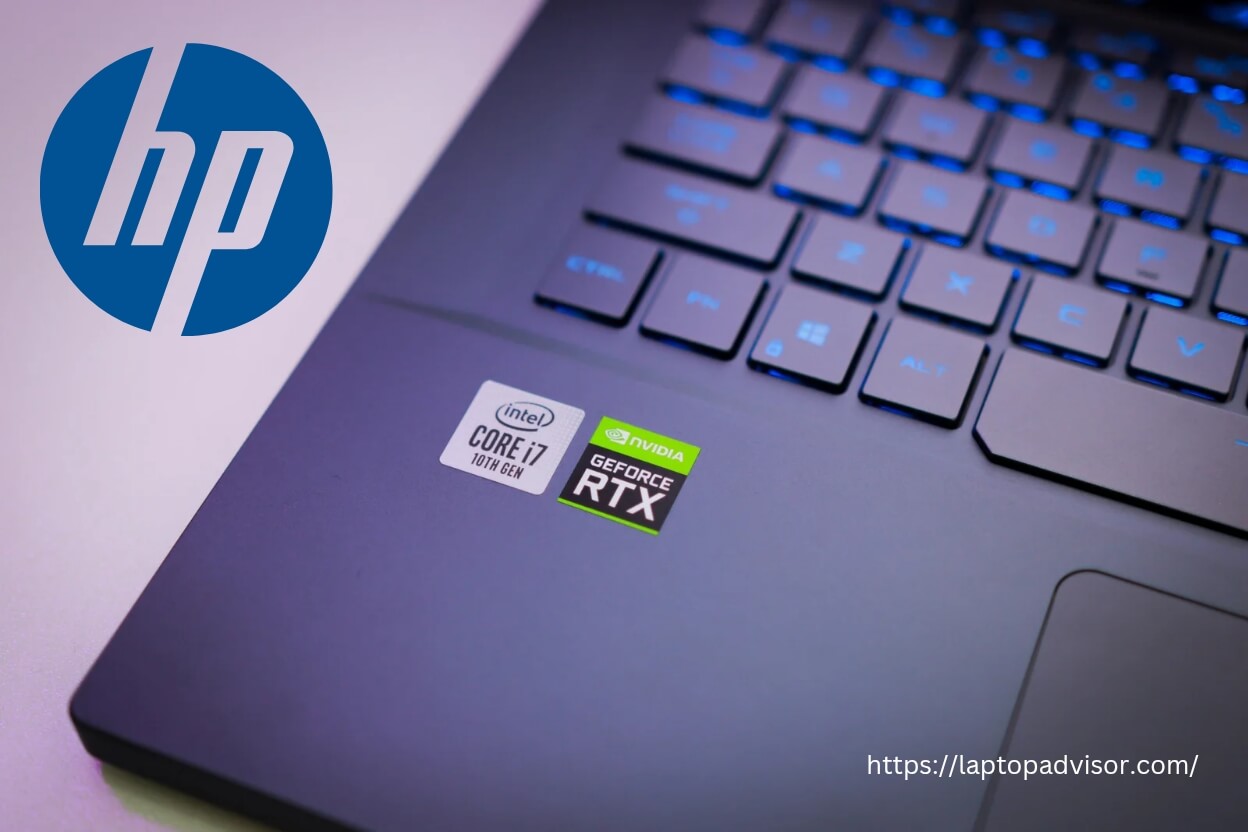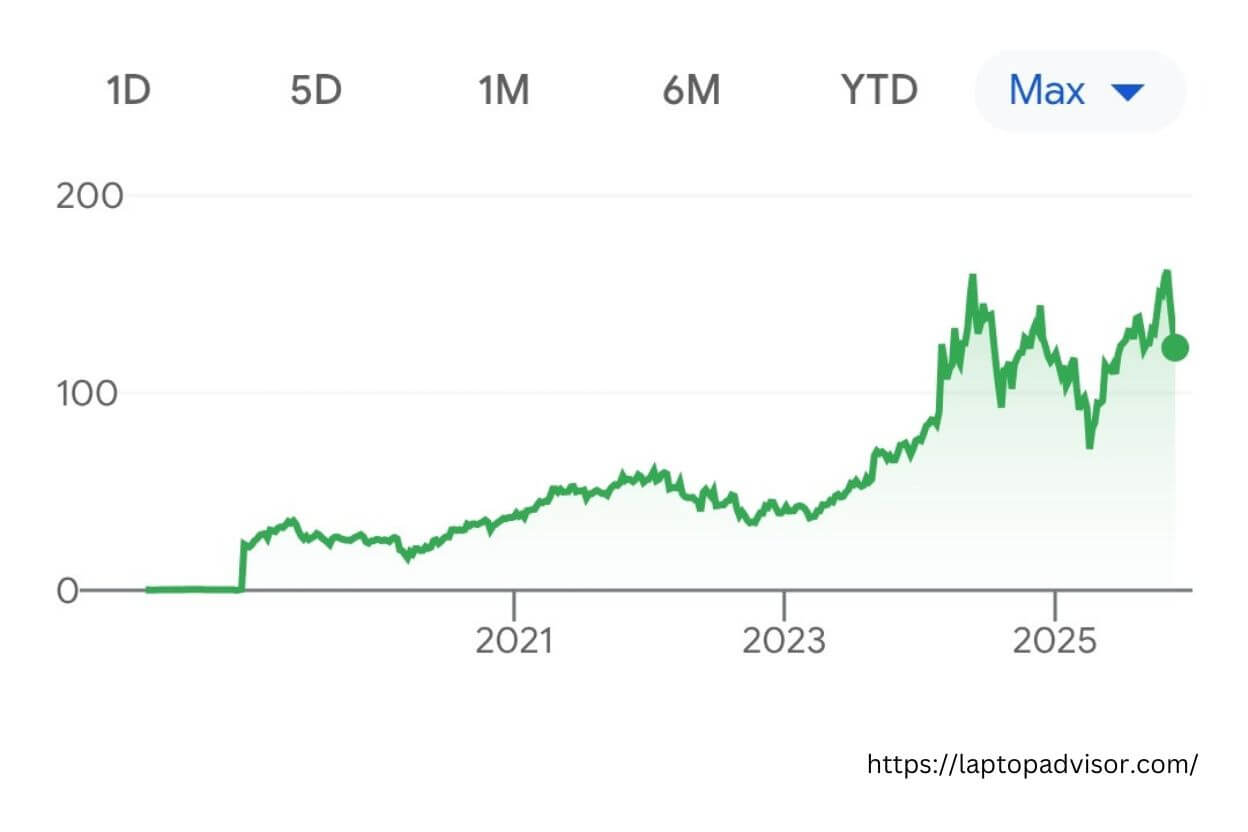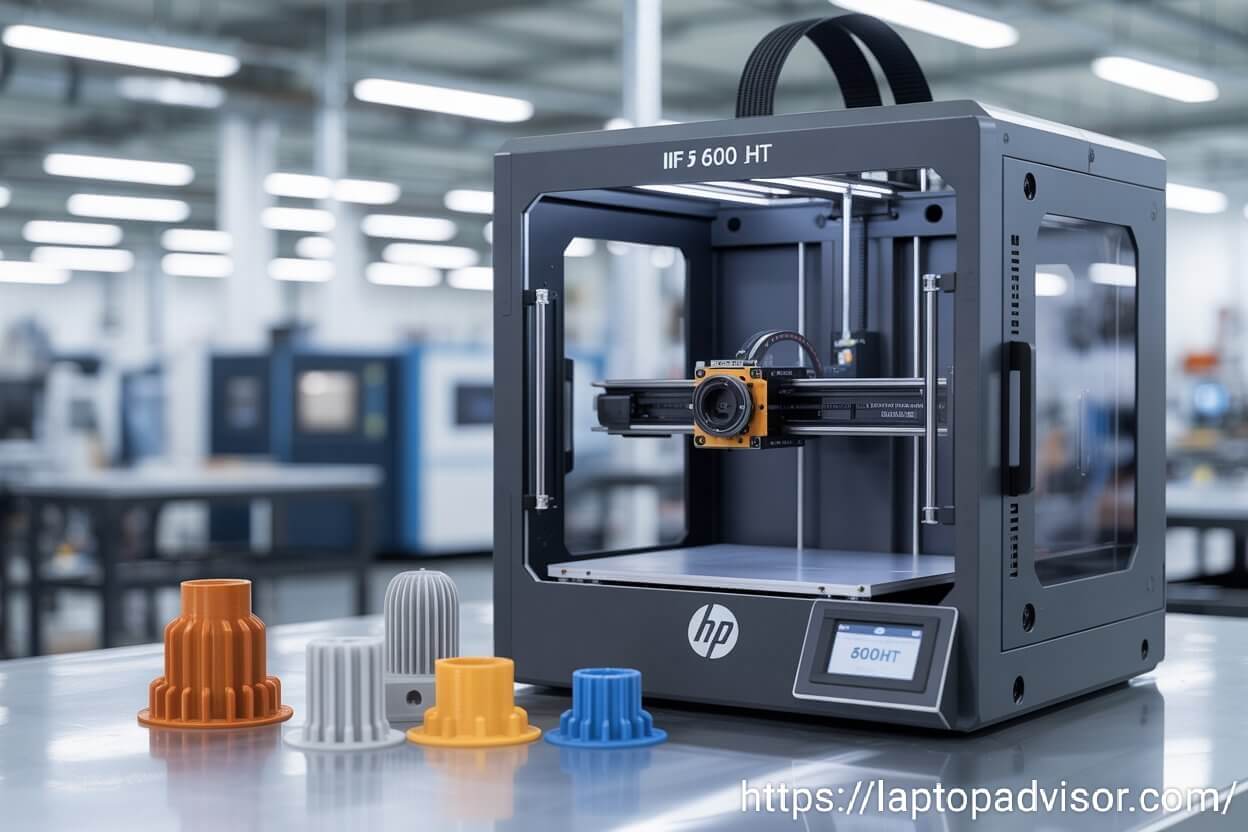In a powerful demonstration of open-source perseverance, the Linux community has successfully restored audio on the Lenovo Legion Pro 7i Gen 10 (model 16IAX10H), a laptop that previously produced nearly silent or distorted sound under Linux.
The issue stemmed from hardware incompatibilities: although the Legion uses Realtek’s ALC3306 codec, Linux misidentified it as ALC287, preventing proper initialization of the AW88399 smart amplifiers.
Cybersecurity researcher and open-source advocate Nadim Kobeissi led the fix, documenting a step-by-step guide on GitHub. The solution involves extracting firmware blobs from the Windows driver package, copying them into /lib/firmware/, then patching and rebuilding the Linux kernel (tested on version 6.17.8) to include support for the AW88399 amplifiers.
Key collaborators included a developer named Lyapsus, who contributed roughly 95% of the engineering work—creating kernel codecs and side-codecs—and Gergo K., who helped extract the proprietary firmware. In recognition of this effort, the community raised a $2,000 bug bounty, which was awarded to Lyapsus.
Once the patched kernel is installed, users also need to update their ALSA UCM2 configuration, using a modified HiFi-analog.conf file to calibrate speaker volumes properly.
The fix has been tested across several Linux distributions, from Arch to Fedora, and reportedly holds up after reboots and kernel updates.
This development is more than a technical workaround—it underscores the strength of community-driven support. With the guide publicly available, other users of the Legion Pro 7i Gen 10 can now enjoy high-quality audio on Linux, without relying on proprietary drivers.
While the patches are not yet merged into the mainline Linux kernel, the repository promises updates for future kernel versions. Meanwhile, community members continue to advocate for upstream integration for more seamless support.
This story is a testament to how collaborative open-source efforts—and even a modest bounty—can solve complex hardware issues that vendors haven’t addressed.






